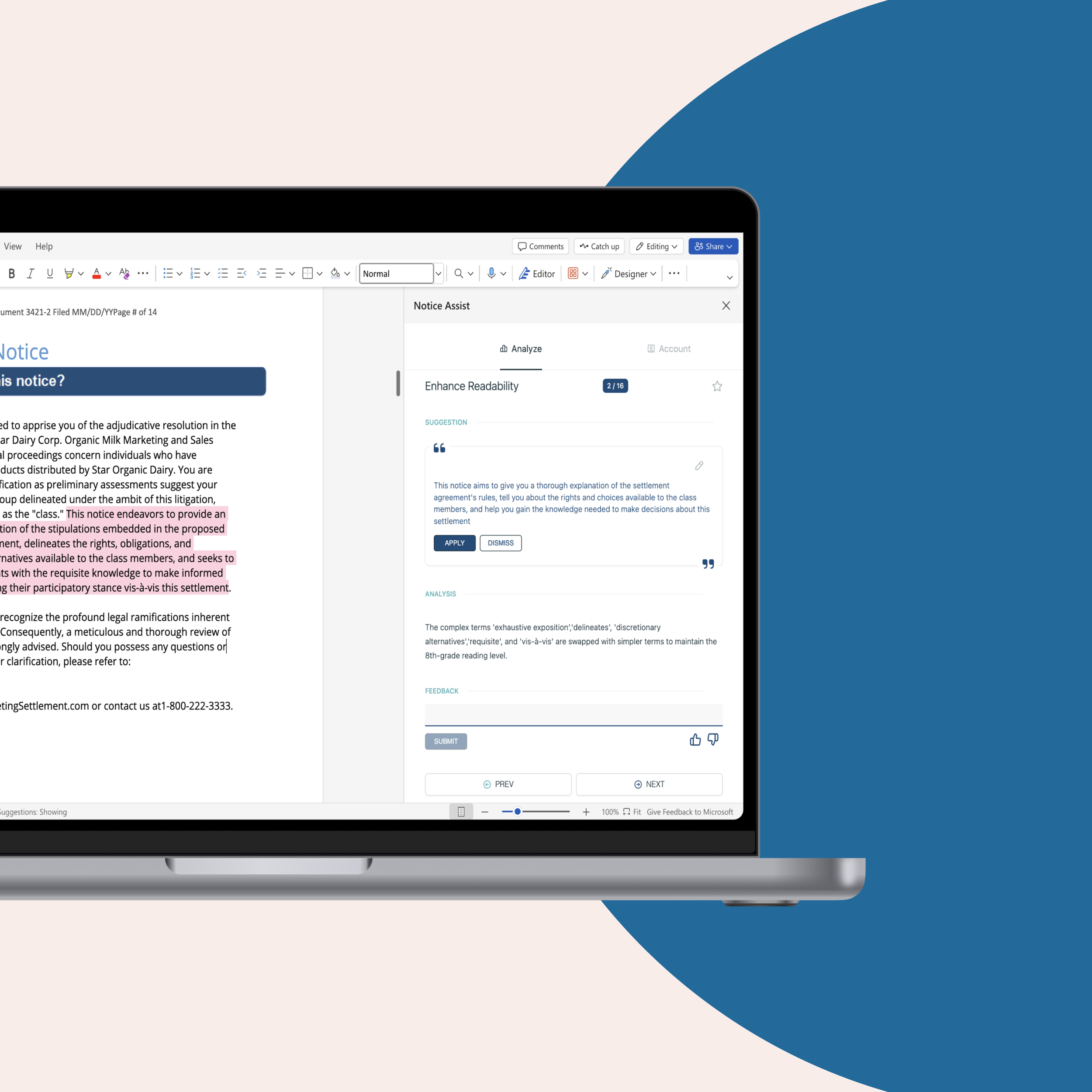H.R. 985: Holding Down Civil Rights Class Actions
By Lynnette Miner, Litigation Fellow & Jocelyn D. Larkin, Executive Director | The Impact Fund
121 Civil Rights Non-Profits and 87 Ally Firms Oppose H.R. 985
On February 14, the Impact Fund submitted a letter on behalf of 121 civil rights non-profit organizations and advocates, joined by 87 ally law firms, to oppose H.R. 985 (“Fairness in Class Action Litigation Act of 2017”). H.R. 985, currently pending in the U.S. House of Representatives, would upend decades of settled class action law and undermine the enforcement of U.S. civil rights law.
The Impact Fund wrote to remind the Committee that class actions are a critical mechanism for enforcing civil rights law, including laws prohibiting discrimination in employment, housing, education, and access to public areas and services. We highlighted some of the most egregious aspects of H.R. 985 that would add unwarranted hurdles or barriers to litigating class actions.
If HR 985 becomes law, millions will have their voices silenced
For example, H.R. 985 imposes a new and impossible hurdle for certifying class actions that proponents of a class demonstrate that “each class member has suffered the same type and scope of injury” as the class representative(s). § 1716(a). Oftentimes individuals’ injuries stemming from the same wrongful policy or practice are not “the same.” As a simple example, those overcharged for rent will have different injuries—different amounts charged, or different ramifications for their and their families’ well-being. Existing class action law accounts for these situations—requiring that class representatives’ claims be typical of the class members’ claims, but allowing for some variation. H.R. 985 would disrupt that. What’s more, H.R. 985 would require that proponents of a class establish this “same type and scope of injury” at the class certification stage—an often-impossible hurdle that early in litigation.
In addition, H.R. 985 would add years of additional, delay, and disruption—despite its stated purpose to “assure . . . prompt recoveries.” H.R. 985, Sec. 2(1). Provisions that allow for automatic appeals for class certification decisions, automatic stays of discovery pending any one of a list of motions, and application to all cases pending upon the enactment date translate to years of delay and wasted judicial resources.
H.R. 985 is the pet scheme of U.S. Congressman Bob Goodlatte (R-Va)
H.R. 985 would also entirely displace well-settled law around calculating attorneys’ fees with a standard long ago rejected as arbitrary and unworkable. Under the bill, attorneys’ fees would be calculated as a “percentage of the value of the equitable relief.” § 1718(b)(3). Civil rights class actions are often about seeking systemic reforms that benefit the most vulnerable. But how is a judge to determine the cash value of an integrated school, a well-operating foster care system, the deinstitutionalization of individuals with disabilities, or myriad other forms of relief secured by civil rights class actions? Non-profit organizations cannot bear the risk of these long and expensive cases if, at the end, their fees are calculated under this incoherent and capricious standard.
Other provisions of H.R. 985 would impose stringent standards that would not further any interest that is not already adequately protected by Rule 23 of the Federal Rules of Civil Procedure.
Other letters were sent to the Committee to oppose H.R. 985, including from the American Bar Association (on behalf of its 400,000+ members), the Civil Rights Education and Enforcement Center (on behalf of disability rights organizations), and the Center for Justice & Democracy (on behalf of advocacy organizations).
We urged the Committee to, at a minimum, hold public hearings so that the public can weigh in on such far-reaching legislation. H.R. 985 was submitted last week to the House Judiciary Committee, and was quickly marked up in the Committee last night without any opportunity for public comment. The Republican-majority Committee voted on party lines 19-12 to recommend the bill to the House. We’ll be following this closely in the weeks ahead and working with our colleagues to defeat it.













